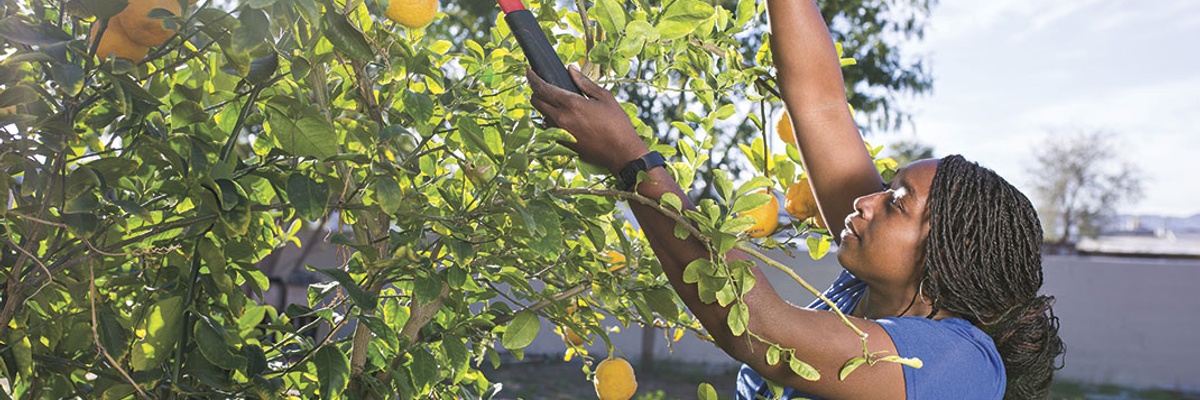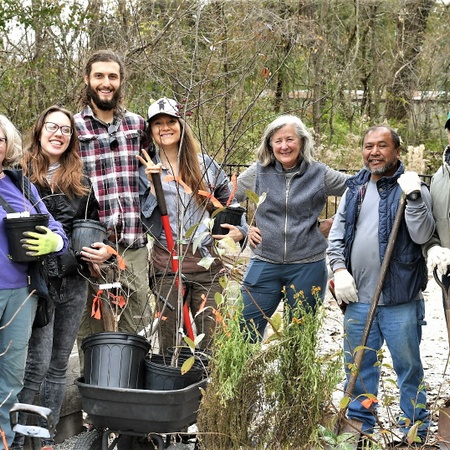Viburnum prunifolium (known as blackhaw or black haw, blackhaw viburnum, sweet haw, and stag bush)
From wikipedia:
As food
The Meskwaki eat the fruit raw and also cook them into a jam.[8]
Medicinal
For centuries, black haw has been used for medical purposes, mainly for gynecological conditions. The bark is the part of the plant used in treatments.[4]
The active components include scopoletin, aesculetin, salicin, 1-methyl-2,3 dibutyl hemimellitate, and viburnin. Tannin is another chemical component of black haw.[4]
Native Americans used a decoction of black haw to treat gynecological conditions, including menstrual cramps, aiding recovery after childbirth, and in treating the effects of menopause.[6] As a folk remedy, black haw has been used to treat menstrual pain, and morning sickness. Due to its antispasmodic properties, the plant may also be of use in treating cramps of the digestive tract or the bile ducts.[4]
Black haw's primary use was to prevent miscarriages.[4] American slaveholders also used the plant to prevent abortions. Slaves were a valuable asset, and their owner also owned their offspring, so ensuring that female slaves gave birth was of paramount importance. In defiance, some slave women would attempt to use cotton seeds to cause a miscarriage. The slaveowners would therefore force pregnant slaves to drink an infusion of black haw to prevent that.[6]
The primary use of black haw today is to prevent menstrual cramps. The salicin in black haw may also be of use in pain relief.[6]
By specific Native American tribes
The Cherokee have several uses for the plant. They take an infusion of it to prevent recurrent spasms, use the root bark as a diaphoretic and a tonic, and take a compound infusion of it for fever, smallpox and ague. They also use an infusion of the bark as a wash for a sore tongue.[9] The Lenape combine the root bark with leaves of other plants and use it to strengthen female generative organs.[10] and use compound containing root bark as a tonic for the female generative organs.[11] The Mi'kmaq take an infusion of the plant before and during parturition.[12]









